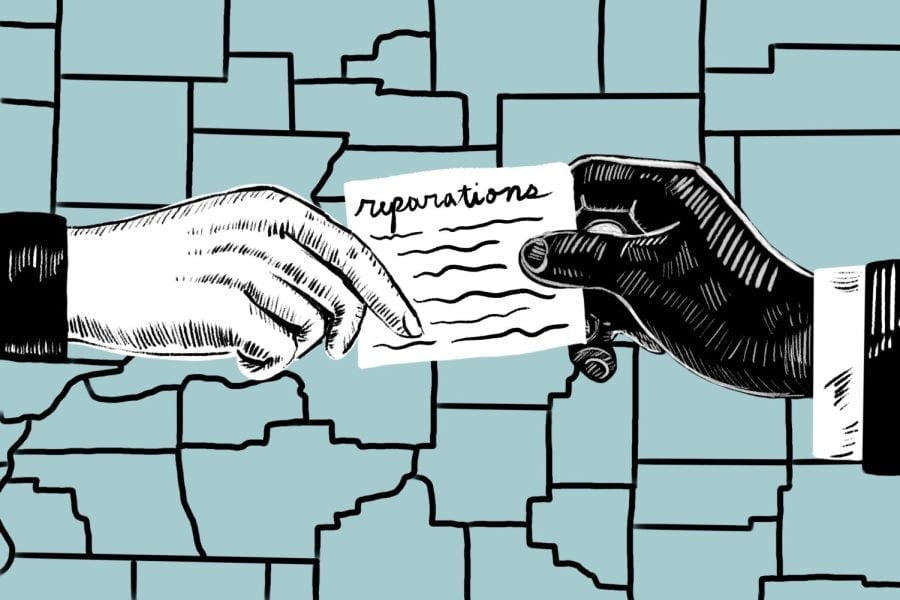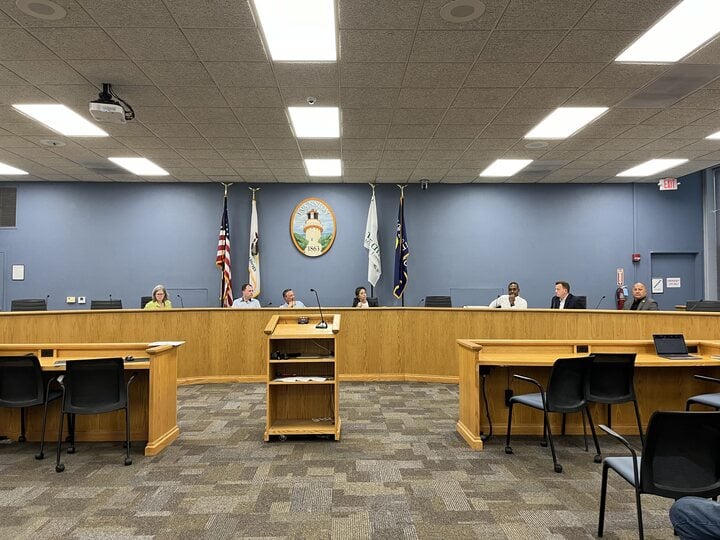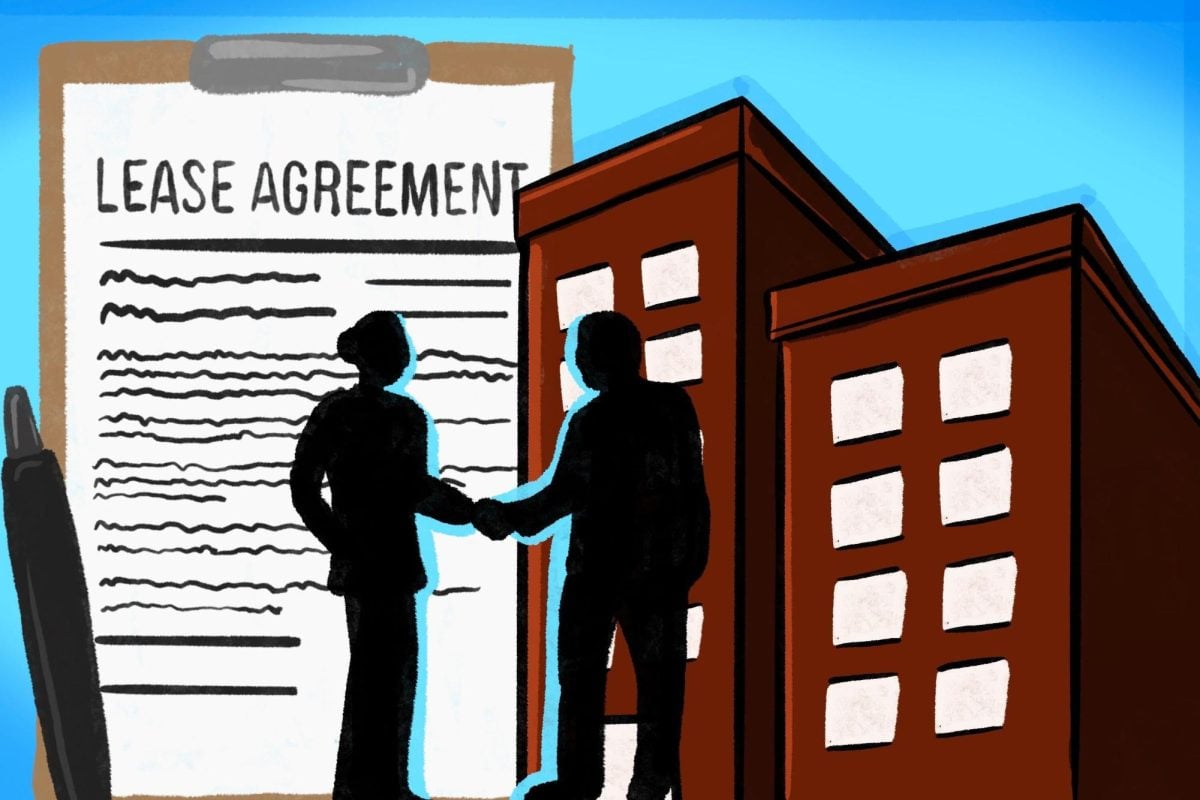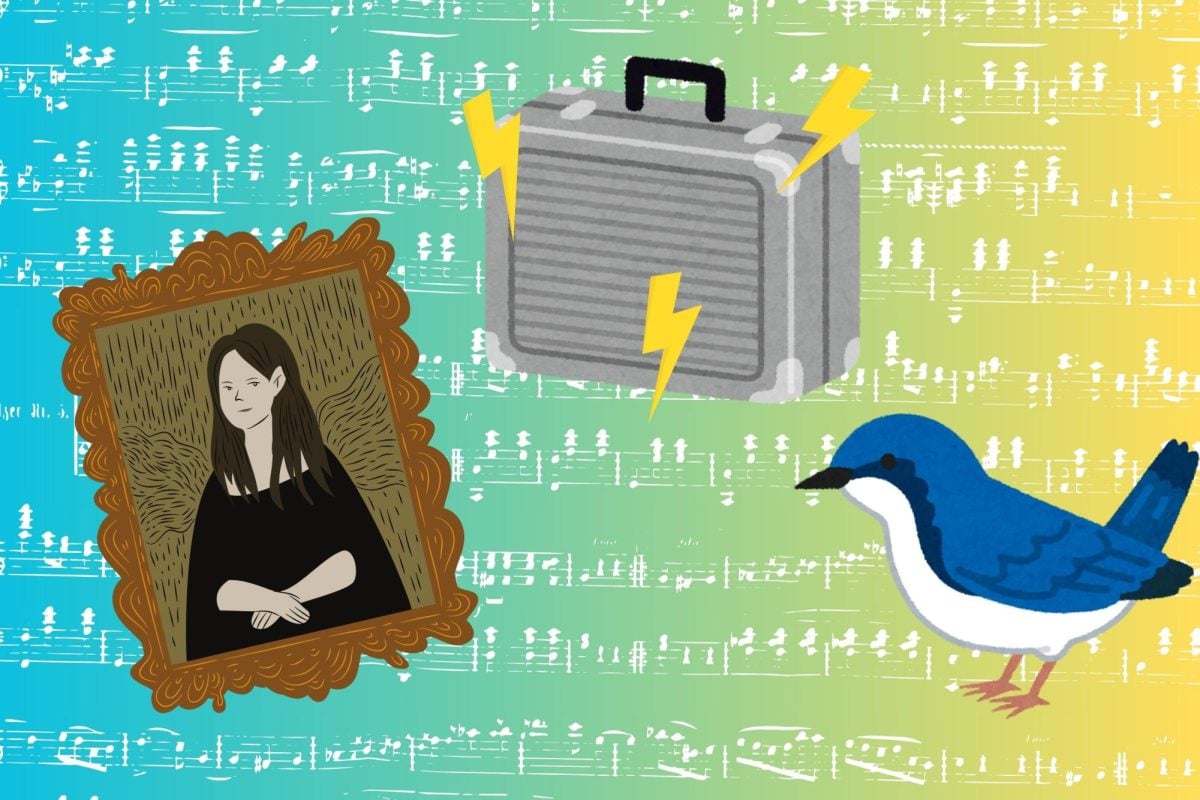In December, Chicagoland was experiencing one of its warmest winters in memory, which many residents saw as a welcome change from the area’s typically frigid winter weather.
However, these warmer winters come with a whole host of other problems, according to Northwestern geological sciences Prof. Yarrow Axford.
“The December we just had is kind of nice, to not have to deal with freezing cold, not bust out all our warm stuff yet,” Axford said. “But it’s spooky to this point. Because these kinds of warmer than expected days and months or years, we know that they’re symptomatic of overall global warming.”
Evanston introduced its first climate action plan in 2008, and the city’s current Climate Action and Resilience Plan calls for carbon neutrality by 2050, among other measures. But according to Ald. Jonathan Nieuwsma (4th), City Council’s focus has been mitigating the effects of extreme temperatures, rather than any effect caused by milder winters.
While many residents might enjoy warmer weather in the short term, local experts say the trend is emblematic of more troublesome long-term weather patterns caused by climate change.
“Winters are warmer, so it’s summers being hotter and cold spells being colder that would require more direct action by the city,” Nieuwsma said. “So in a certain sense, warmer winters are a bit of a reprieve because we have less to do to take care of Evanston residents.”
He acknowledged that warmer winters may bring some benefits to Evanston, such as the return of the dog beach. Over the past few years, as Lake Michigan’s levels rose, the beaches were lost, to the “dismay” of dog owners in Evanston. But earlier last year, the lake levels lowered enough for the city to reopen the dog beach, Nieuwsma said.
However, these lower ice levels have had a profound effect on ecology in Lake Michigan, Axford said. Varying levels of ice coverage year to year may impact which species can survive in the lake’s environment. Researchers hypothesize these changes are largely to climate change, according to Axford.
Extreme weather events and precipitation are also on the rise, Axford said. Going forward, she said there will likely be less overall rain events, but more torrential downpours.
Following storm damage from 2020, Evanston launched a shoreline repair project to combat erosion and general deterioration by the end of 2024.
“Flooding and sewers are the thing that haunts me because we have a very strong forecast, very confident forecast,” Axford said. “We’re already seeing it happen that intense individual storms will become more common. And they already overwhelm our sewers sometimes, and that’s just gonna get worse.”
Email: [email protected]
Twitter: @kaavya_butaney
Related Stories:
— First-years transition to living in cold Evanston climate
— CARP Implementation Task Force discusses 2024 requests on climate action



















